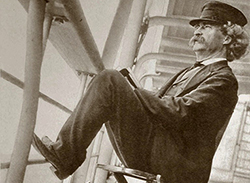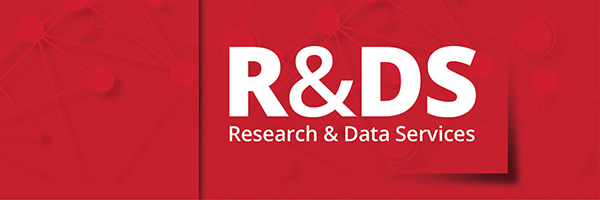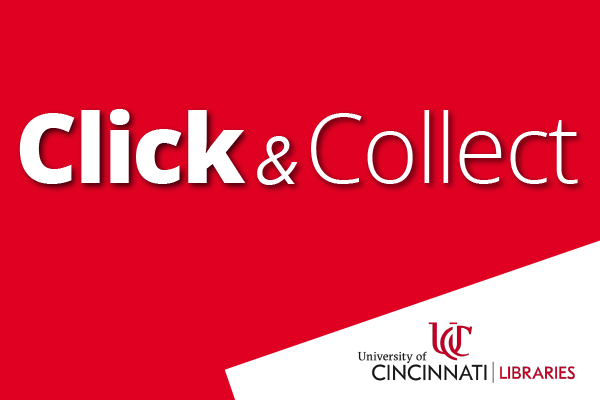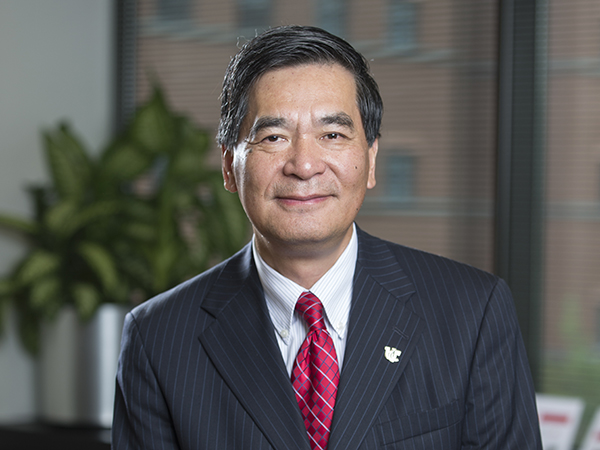
A Note from the Dean: Digital Core as Part of 21st-Century Liberal Education
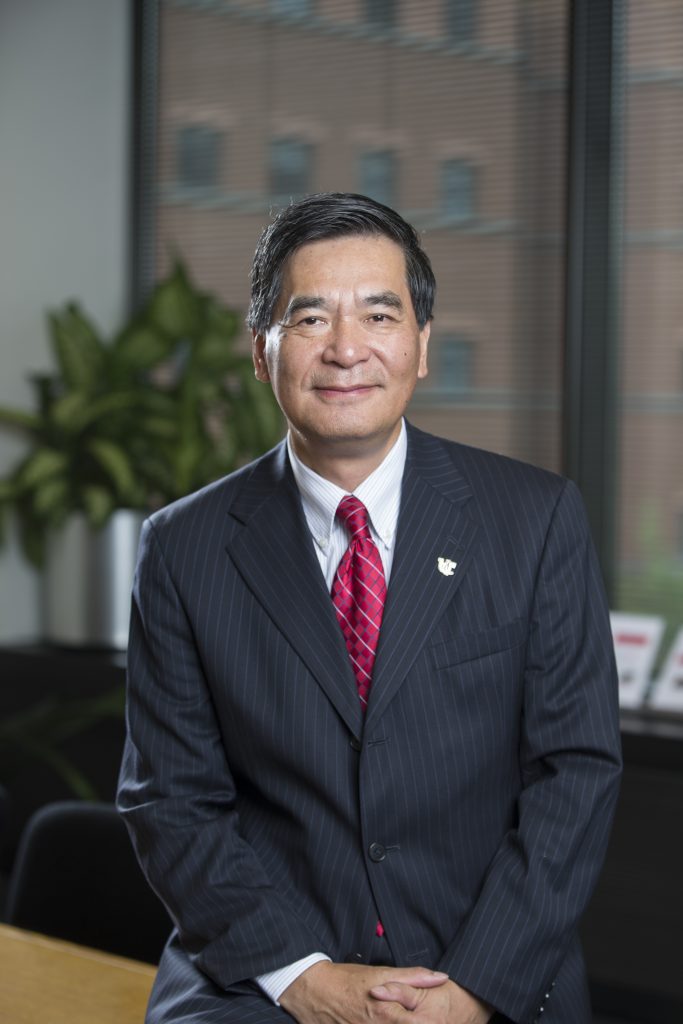
In 1906, the University of Cincinnati created a new paradigm for higher education with the invention of cooperative education. Co-op helped transform the undergraduate experience at UC, providing students with experiential learning in their primary areas of study. Co-op also made a name for UC. According to US News and Report, last year UC ranked third among all U.S. universities and the first in public universities for co-op. UC co-op students collectively earned $75M last year. In the years since, UC has done much to increase student’s preparedness for their post-collegiate careers, a trend that continues today with the Next Lives Here pathway Bearcat Promise.
We are now in the Fourth Industrial Revolution. Emerging trends driven by key technological forces such as Artificial Intelligence (AI), robotics, nanotechnology, genetics and 3-D printing have an impact not only on a country’s competitive edge and people’s everyday lives, but also on the mission of higher education where the future of the workforce from scientists to informed citizens will be educated.
Speaking of higher education’s mission, one long-discussed topic is the role of liberal arts education or liberal education. According to the Association of American College and Universities, liberal education is “an approach to learning that empowers individuals and prepares them to deal with complexity, diversity and change. It provides students with broad knowledge of the wider world (e.g., science, culture and society), as well as in-depth study in a specific area of interest.” If 20th-century liberal education focused on intellectual and personal development of the student individual, then the 21st-century liberal education mandates institutions to educate every student to be an informed citizen ready for the global economy in the Fourth Industrial Revolution. UC seized the opportunity to create co-op education in the 20th century. UC is capable to lead the revitalization of the 21st-century liberal education by identifying and adding a new digital core.
So what new or expanding role does UC Libraries play in fulfilling this promise, as well as contributing to the revitalization of a new liberal education? What can we do to best support and equip our students for the future as informed citizens in a global economy? How can my new work as vice provost for digital scholarship enable even better solutions? I don’t have all the answers for those important questions yet, but by working together with my colleagues, with support of UC Libraries faculty and staff, and engagement with our current and future students, I believe we can create a pathway to answer those questions.
Here is what we have started: the first step is to work with leaders at UC to rethink the core learning requirements for UC students. What skills should all students learn, regardless of their disciplines? What constitutes a breadth of knowledge? Current requirements include such mainstays as quantitative reasoning, English and social sciences, along with classes that fall under technology and innovation. We need to further integrate the framework of 21st-century liberal education to include digital literacy or digital core in order to arm students with the ability to engage with technology in a productive way and to navigate a digital environment with confidence.
What is Digital Literacy? Search online and you will find many definitions. The American Library Association’s (ALA) Digital Literacy Task Force defines digital literacy as “the ability to use information and communication technologies to find, evaluate, create and communicate information, requiring both cognitive and technical skills.” Internationally, the Council of Australian University Librarians (CAUL) has adopted a new term – digital dexterity – to include more details of digital skills.
Digital literacy is part of our greater vision for enterprise-wide digital integration with an emphasis on learning. Collaborations across UC units will develop to generate large-scale programs and solutions. Like information literacy, digital literacy can narrow the gap in access and promote social justice. It is a part of lifelong learning for any informed and productive citizen in a democratic society, and it is our responsibility as a learning institution to provide our students with these basic skills that will enable their success both here at the university and beyond. It is my hope that UC can seize the opportunity to integrate digital literacy into the university’s Bearcat Promise and Co-op 2.0 to make UC a distinctive university for the new 21st-century liberal education with integrated experiential learning.
